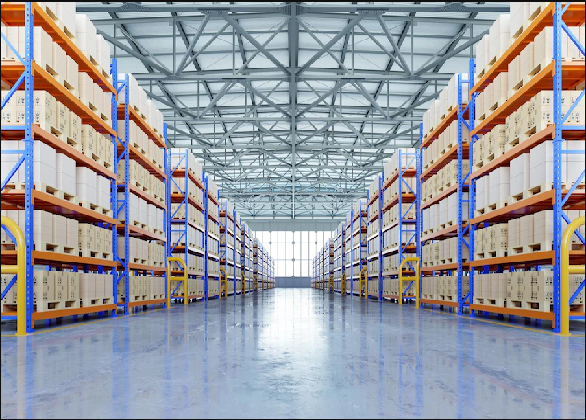Choosing the right material handling equipment is essential for improving productivity, ensuring safety, and reducing labor efforts in warehouses, factories, retail stores, and other work environments. Among the most commonly used tools are platform trolleys and hand trolleys. Both serve the purpose of transporting goods, but their design, capacity, and best-use scenarios differ significantly. Understanding these differences helps businesses make informed decisions that enhance workflow efficiency and reduce operational cost.
What is a Platform Trolley?
A platform trolley, also known as a flatbed trolley, is a four-wheeled cart with a flat, sturdy platform for carrying heavy and bulky items. These trolleys often feature a handle for pushing and sometimes come with additional features like brakes or foldable sides. They are made of durable materials such as steel or aluminum, making them capable of handling substantial weight loads comfortably.
What is a Hand Trolley?
A hand trolley, also known as a sack truck or upright trolley, typically has two wheels and a vertical frame with handles. It is designed for lifting and transporting smaller stacks of boxes, crates, and other manageable loads. The base plate at the bottom slides under the load, and the operator tilts the trolley backward to move the items on the two wheels.
Load Capacity and Strength
When it comes to load capacity, platform trolleys generally outperform hand trolleys. Platform trolleys can handle heavier and bulkier items due to their flat surface and four-wheel stability. They are ideal for transporting multiple boxes or large items in one trip, reducing time and labor. Hand trolleys, on the other hand, are limited by their two-wheel design. They perform well for moderate loads but are not suitable for very heavy items that require stable support.
Maneuverability and Space Considerations
Hand trolleys are more maneuverable in tight spaces and narrow aisles because of their compact, upright design. They are easier to navigate in congested areas or buildings with limited space. Platform trolleys, while stable, require more room to move and turn, making them better suited for open warehouse floors or wide aisles.
Ease of Use and Ergonomics
Platform trolleys are straightforward to use—simply load items onto the flat surface and push. They reduce the need for lifting heavy objects, minimizing strain on workers’ backs. Hand trolleys require physical lifting to tilt and balance the load, which can put more strain on the user if the load is heavy or awkwardly shaped. Proper training is essential to prevent injuries when using hand trolleys.
Versatility and Application
Platform trolleys are highly versatile, handling a wide range of items from boxes to equipment and pallets. They are commonly used in warehouses, factories, stores, and distribution centers. Hand trolleys are ideal for transporting smaller loads, such as stacks of boxes, small furniture pieces, and other manageable items. Their compact size makes them suitable for deliveries, offices, and retail spaces.
Cost and Maintenance
Both trolleys are cost-effective tools, but hand trolleys are generally more affordable due to their simpler design and smaller size. Platform trolleys may cost more upfront, but they offer greater utility and load capacity, often delivering more value in busy material handling operations. Maintenance for both types is minimal, usually involving periodic wheel checks and lubrication.
Which One is Better?
There is no one-size-fits-all answer. If your operations involve moving heavy, bulky items frequently and over short distances, a platform trolley is the better choice. It enhances efficiency and reduces multiple trips. If your environment requires frequent transport of lighter loads in tight spaces, a hand trolley offers better maneuverability and convenience.
Conclusion
Both platform and hand trolleys play vital roles in material handling. Your choice should depend on load size, workspace layout, and how often you need to move items. Understanding their strengths helps optimize workflow, reduce physical strain on workers, and improve overall operational efficiency.
.png)
.png)



